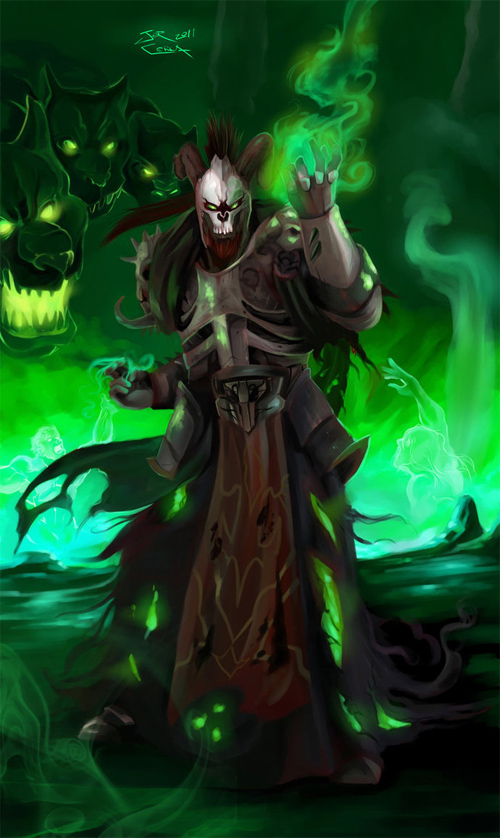

The righteous souls there could enjoy the pleasures they most loved in life in a blissful meadow with perfect weather and fresh air. While some residents were particularly good or righteous people, most of those sent to Elysium were heroes and demigods who had close relationships with the Olympians.Įlysium was an idyllic land with no labor or hardship. There, sinners were punished for eternity for their crimes.Įxceptional people were granted access to Elysium, also called the Elysian Fields. The Titans had been banished there after the war and some claimed that Chronus had taken kingship in this dreadful place. This realm sat below the rest of the underworld and was a place of darkness and despair. Those deemed evil or otherwise undeserving were banished to Tartarus. Anyone not buried with a coin to pay his fee risked being stranded on the banks, forever wandering in limbo. Once inside, the dead would have to pay the ferryman, Charon, to cross the River Styx. The entrance was not only guarded by the pains of human life, including Diseases, War, and Hunger, but is also watched by the Furies, Famous monsters like the Gorgons, Harpies, Chimera, and Hydra also waited by the entrance. There they would have to walk under the watchful eyes of many of the most feared beings in Greece. The soul was transported to the entrance to Hades’ kingdom. The soul has the appearance the person did in life but, like everything else associated with the afterlife, was invisible to living people. They believed that when a man or woman died, their souls were pulled from their bodies.

To the ancient Greeks, the underworld as a realm that was as concrete and complex as the earth they walked on. The physical world of the Greek afterlife was Hades’ realm, eventually referred to simply as Hades. His rule over the realm of the dead was so complete that his name became synonymous with it. While the victorious gods established their new home on Mount Olympus, Hades retreated to the underworld to rule over the dead. Hades received rulership of the underworld. Poseidon drew the sea and retreated beneath the waves to build his palace. Zeus was recognized as their ruler and received the sky as his domain. They drew lots to determine which god would receive which realm. The three brothers then turned their minds to ruling the universe they had conquered. The Titans were imprisoned in Tartarus, the underworld, with the Hecatonchieres as their guards. With these great gifts the new gods were able to defeat their father and his allies. Hades was given a helmet that had the power to make the wearer invisible. Poseidon got a trident that could cause earthquakes. The Cyclopes, in particular, were skilled craftsmen and gave the three leaders of the rebellion great gifts. They freed the monsters, who were eager to fight against the Titans who had oppressed them.
#Hades greek god drawing free#
She had hoped Chronus would free her children, but when he refused as well she turned to the new gods for help. Uranus had hated these six children of Gaia, who were more monstrous than the divine Titans. Her other children, the three Cyclopes and the three Hecatonchieres, had been imprisoned long before by their father, Zeus and Hades’ grandfather, Uranus. Lasting ten years, it divided the ancient gods and the new in a fight for power over the universe.Īfter many years of fighting, Zeus and his allied received help from Gaia, the Mother Earth who had given birth to the original twelve Titans. The war that followed was called the Titanomachy. They gave Chronus wine laced with a purgative that forced him to vomit up the children he had swallowed.įreed from their father, Hades and the other siblings joined their brother Zeus in open rebellion against the rule of Chronus. With the help of the Titaness Metis, Zeus disguised himself as a cup bearer. When he was grown, he returned to challenge his father for supreme power. Zeus was the only one of the divine siblings to escape this fate when their mother hid him from Chronus. Along with Poseidon, Hestia, Demeter, and Hera he was swallowed by his father who believed that one of his children would one day bring an end to his rule. Hades was one of the six children of Chronus and Rhea, the Titans. Read on to find out more about the secretive and mysterious ruler of the underworld! Hades and the Underworld So how did Hades give his name to the underworld, and why do we know him as Pluto instead? More often people are familiar with Pluto, the Roman equivalent of the Greek god of the underworld. Many people associate the name Hades with a place, the land of the dead, instead of a specific deity. When you think of Hades, you might not think of a god at all.


 0 kommentar(er)
0 kommentar(er)
